


March 2021 was a memorable month for DNetwork - Jaringan Kerja Disabilitas. Chosen by the Indonesian Ministry of Tourism and Creative Economy, DNetwork was one of nine companies/organizations to represent Indonesia in the 2021 South by Southwest (SXSW) international event.
SXSW is one of the largest festivals in the world that showcase music performances, films, and creative ideas. Since 1987, this festival has been annually held in Austin, Texas. However, during this pandemic, SXSW 2021 was held online on March 16-20.
DNetwork had the opportunity to present a virtual booth which invited international visitors to discuss inclusiveness and job opportunities for people with disabilities and propose collaborations. Several startups and even multinational companies visited and discussed. The DNetwork team also had the opportunity to watch various panel discussions on inclusion such as "Disabilities and Tech; Barriers and Opportunities" and "Disability-led Innovation for Future Workspace" which were very eye-opening about the development of disability issues and their solutions.
DNetwork - Jaringan Kerja Disabilitas started 2021 by sharing the spirit of inclusion, especially in hope for the job opportunities for people with disabilities this year will be available even wider. Considering that 2020 was a difficult year, many people with disabilities lost their jobs and those looking for work never got the opportunity. Therefore, in 2021 DNetwork is committed to strive even harder and encourage companies to open up inclusive jobs while assisting people with disabilities to develop their skills to match with today's job opportunities.
Throughout January 2021, DNetwork held two seminars that focused on providing information to employers about the importance of building an inclusive work environment and how to recruit and work with people with disabilities. The first seminar on Monday (18/1) was aimed specifically at about 50 employees of the British Embassy in Indonesia, including the British Ambassador for Indonesia, Mr. Owen Jenkins. Meanwhile, the second seminar on Tuesday (26/1) was held in collaboration with the Manpower and Transmigration Office of East Java Province, attended by around 60 company representatives around East Java. Hopefully these seminars will inspire job providers and the employment situation with disabilities this year will be better than the previous year.
December 21st, 2020 marked seven years of the journey of DNetwork - Jaringan Kerja Disabilitas. Since it was founded seven years ago, there have been many twists and turns, stories, and achievements that are certainly worth celebrating. Even so, in the midst of the current pandemic, the usual form of celebration is impossible. There’s no gatherings nor blowing candles. As a replacement, DNetwork invited the wider community to celebrate this moment virtually.
Through the Instagram account @dnetwork_indonesia, DNetwork held a fun little competition. The public was challenged to upload an Instagram Story to celebrate DNetwork’s birthday which contains prayers and hopes for DNetwork in the future. Creativity and originality were the main aspects to determine the winners. It turned out that the public were quite enthusiastic; the posts uploaded were quite numerous and varied. Some made simple video clips either with Indonesian spoken/written language or sign language, edited photos, made poetry, and played the song “Happy Birthday” with traditional musical instruments.
Various prayers and hopes were conveyed, especially for DNetwork to have a broader positive impact to create an inclusive Indonesia in the future. All these prayers and hopes really fuel our enthusiasm to start this new year.
As we all know, the COVID-19 pandemic has made a huge impact on society. The disability community is one of the most affected. The increasingly limited access to various things, including work, is a formidable challenge and indicates that the movement to create an inclusive society in Indonesia has a long way to go.
DNetwork – Jaringan Kerja Disabilitas is committed to continue to be part of the movement towards inclusive society, especially in terms of employment. Even though throughout 2020 the level of disability employment has dropped dramatically, DNetwork hopes that the beginning of 2021 will bring new enthusiasm for companies and the business sector to boost their inclusivity.
Therefore, in November 2020 DNetwork launched the #KantorRamahDisabilitas (disability friendly offices) campaign via social media consisting of encouragement for companies to build an inclusive work environment, educational materials on how to work with various types of disabilities, inspiring stories from employees with disabilities and inclusive companies, as well as webinars on similar themes.